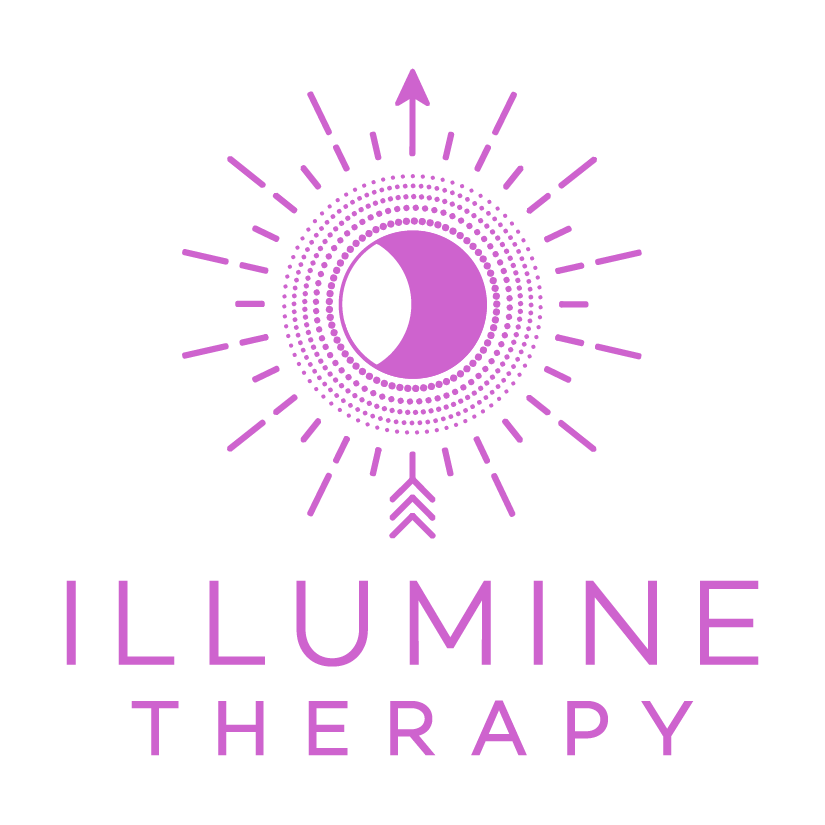Do You Have A Loved One Who Is Struggling With Their Mental Health?
Is your partner in the midst of a substance abuse problem that’s wreaking havoc on your relationship and their health? Are you the parent of a child in the throes of a severe depression and you feel powerless to help them? Conversely, maybe your own parent is the one who needs help. In any case, trying to care for your loved one has probably left you feeling exhausted, worried, and even guilty. You may blame yourself for their troubles, asking: Where did I go wrong? What could I have done to keep them from feeling so miserable?
When someone you love is in pain, your own mental health often takes a toll.
At times, it probably feels like your entire life has been reduced to making sure they’re OK. If you can’t be certain your spouse is safe, for instance, you probably find yourself staying closer to home, shying away from friendships, and going out on fewer dates. Similarly, if your child is depressed or self-harming, you may be so caught up in their troubles that you’ve neglected everything else—including your own health. You’ve poured your heart and soul into your loved one’s life, only to realize you’re struggling, too. Perhaps they’ve found a mental health support group now, and you wish you had one as well.
For Every Person In Recovery, There’s Someone Struggling Behind The Scenes
Roughly 43 million people worldwide are in some form of a support-group recovery program. What often goes unsaid, however, is that for every person in recovery, there’s someone behind the scenes who needs support, too. We’re all human, after all; our identity is rooted in community and none of us lives in a vacuum. That means our problems affect others—especially those close to us. For every person dealing with depression, anxiety, trauma, or substance abuse, there’s a loved one quietly suffering in the background.
Oftentimes, however, people don’t reach out about their loved ones because they fear it’s disrespectful. If you’re in a relationship, for instance, you may worry that you’re violating your partner’s privacy by spilling information about them. Or perhaps you fear the stigma that comes with others knowing your business. You probably don’t want the neighbors knowing your partner has a substance abuse problem because you don’t want them constantly worried or keeping an eye on your home.
Nonetheless, if your loved one is suffering, it’s important to let someone know—not just for their sake, but for yours as well.
You may tell yourself: If I’m just more caring and supportive and stay home more often, everything will be fine. But when the focus is entirely on caring for someone else, your own mental and physical health often takes a hit. If you feel like you cannot tell someone, it is important to seek help and support for yourself.
Here are some support groups and options. Use google as a way to find a group in your area.
Al-Anon. - Support group for those who are worried about someone’s drinking.
Alateen. - A peer support group for teens who are struggling with the effects of someone else's problem drinking.
Families Anonymous. - Groups for family or friends. Drug, alcohol, or related behavioral issues.
GRASP. - Grasphelp.org - Grief recovery for those who have lost someone due to substance use.
NAMI. - National Alliance on Mental Illness.
Nar-Anon. - Narcotics Anonymous Family Groups
PAL Group. - Parents of Addicted Loved Ones.
SMART Recovery. - Self-Management And Recovery Training is a global community of people & families working together.
MyPTSD. - Best for survivors and their loved ones.
Dailystrength.org. - PTSD general support group.
Psychology Today. - To find a therapist.
Therapy Den. - To find a therapist.
Be compassionate towards yourself and reach out today -
As a therapist in Ogden Utah, I can help you find a counselor in the Ogden area that can help. I specialize in Trauma therapy and PTSD treatment, high-functioning depression, and anxiety therapy. I have also worked with family members and provided support for those struggling with a loved one. I understand the need for a support system and am here to help you find a good fit.

